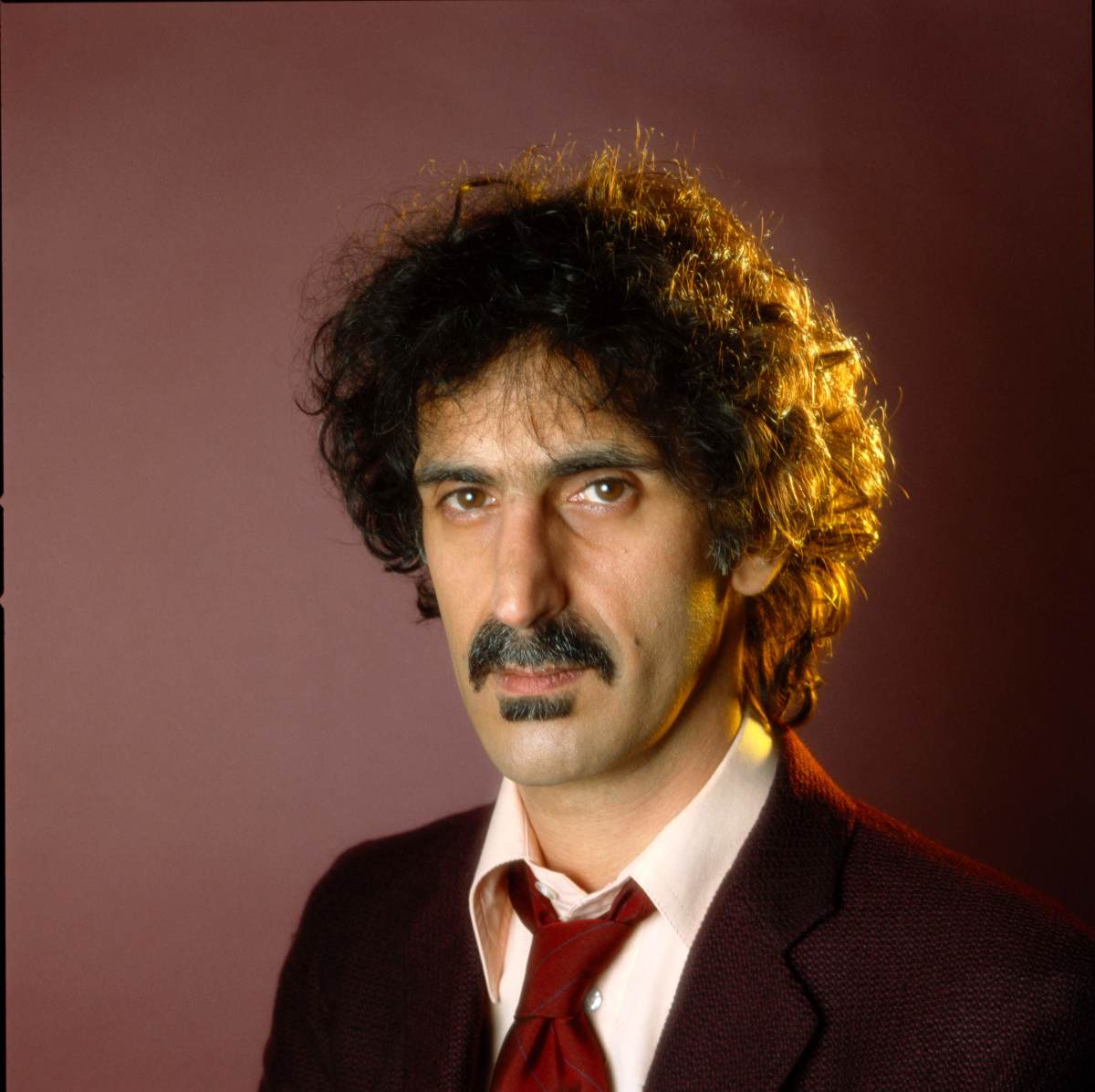
Frank Zappa
Biography
Born in Baltimore, Maryland, on December 21, 1940, Frank Zappa was largely a self-taught musician, whose 30-year career embraced a wide variety of musical genres, encompassing rock, jazz, synth and symphonies. Avant-garde composers, as well as math and chemistry from his father's work, all fell into Zappa's mix of influences and comprised his unique approach to his art, coupled with a flouting of convention. Zappa also directed films, designed album covers and spoke about social issues. Although his unconventional aspect often overshadowed his brilliance, Zappa is highly respected as a musical pioneer. He died from prostate cancer on December 4, 1993, at age 52.
Childhood
Zappa was born on December 21, 1940 in Baltimore, Maryland. His mother, Rosemarie (née Collimore) was of Italian (Neapolitan and Sicilian) and French ancestry; his father, whose name was anglicized to Francis Vincent Zappa, was an immigrant from Partinico, Sicily, with Greek and Arab ancestry.
Frank, the eldest of four children, was raised in an Italian-American household where Italian was often spoken by his grandparents. The family moved often because his father, a chemist and mathematician, worked in the defense industry. After a time in Florida in the 1940s, the family returned to Maryland, where Zappa's father worked at the Edgewood Arsenal chemical warfare facility of the Aberdeen Proving Ground. Due to their home's proximity to the arsenal, which stored mustard gas, gas masks were kept in the home in case of an accident.This had a profound effect on Zappa, and references to germs, germ warfare and the defense industry occur throughout his work.
Works
Frank Vincent Zappa (b. 21 Dec 1940, Baltimore, MD) began to play drums at the age of 12, and was playing in R&B groups by high school, switching to guitar at 18. After barely graduating from high school, and then dropping out of junior college (where he met his first wife, Kay Sherman), Zappa worked at such jobs as window dresser, copywriter and door-to-door sales,an. With the money he earned from scoring Run Home, Slow (1965) (written by his high school English teacher, Don Cerveris), Zappa purchased a recording studio and, after concocting an allegedly obscene recording for an undercover policeman, spent ten days in jail. Zappa's diverse range of albums (both with the seminal and protean groups The Mothers of Invention and Zappa; as well as solo releases) are renowned not only for their bravura musicianship and satire, but for offending various groups (usually conservatives, both religious and political). The 200 Motels (1971) soundtrack was deemed too offensive by the Royal Albert Hall, which canceled scheduled concerts in 1975; and the song "Jewish Princess" (1979) led to Jewish calls for Zappa to apologize. These, and such events as Zappa testifying before Congress in 1985 against rock music censorship, being appointed by Czech president Václav Havel as his Cultural Liaison Officer or considering running for US president, have unfortunately been Zappa's only real source of mainstream publicity.
